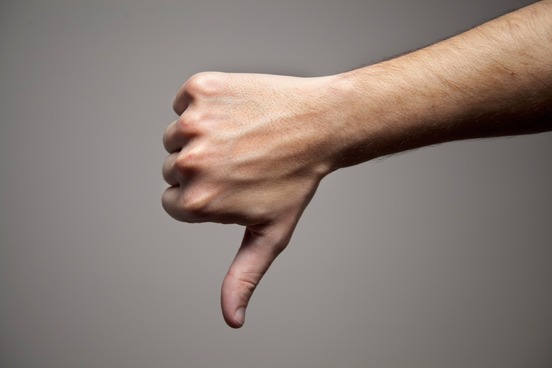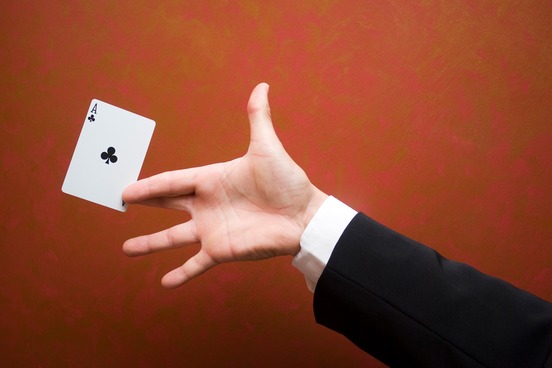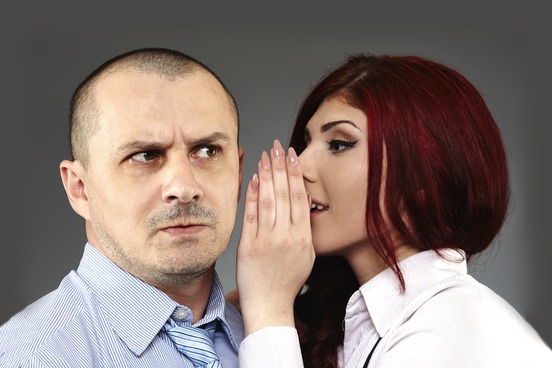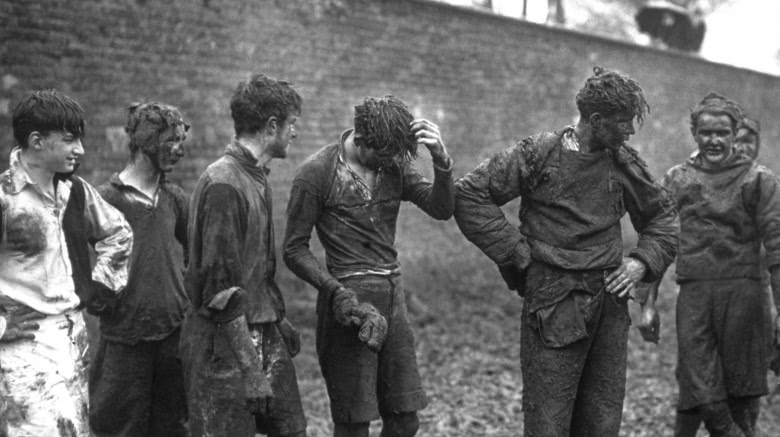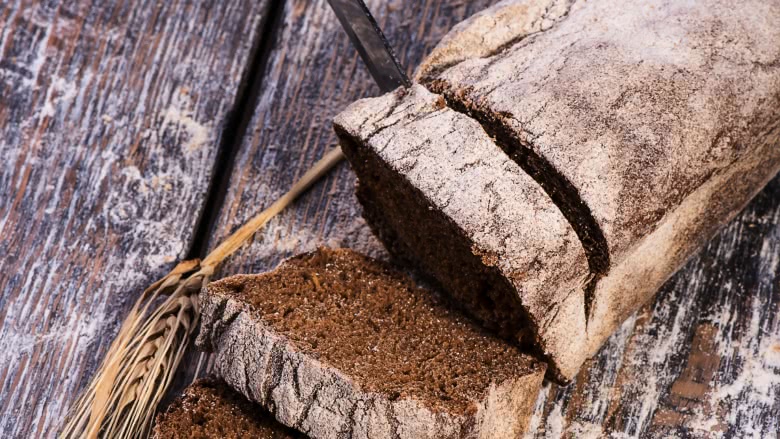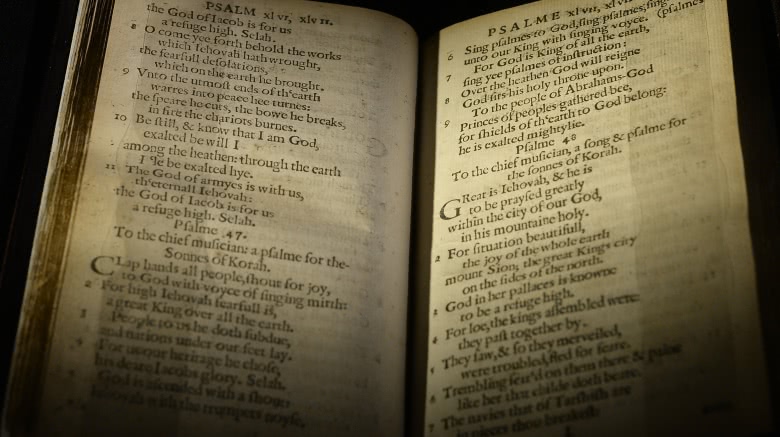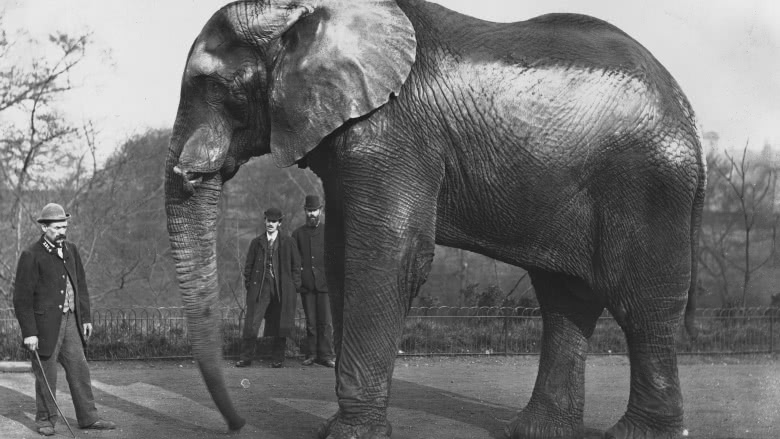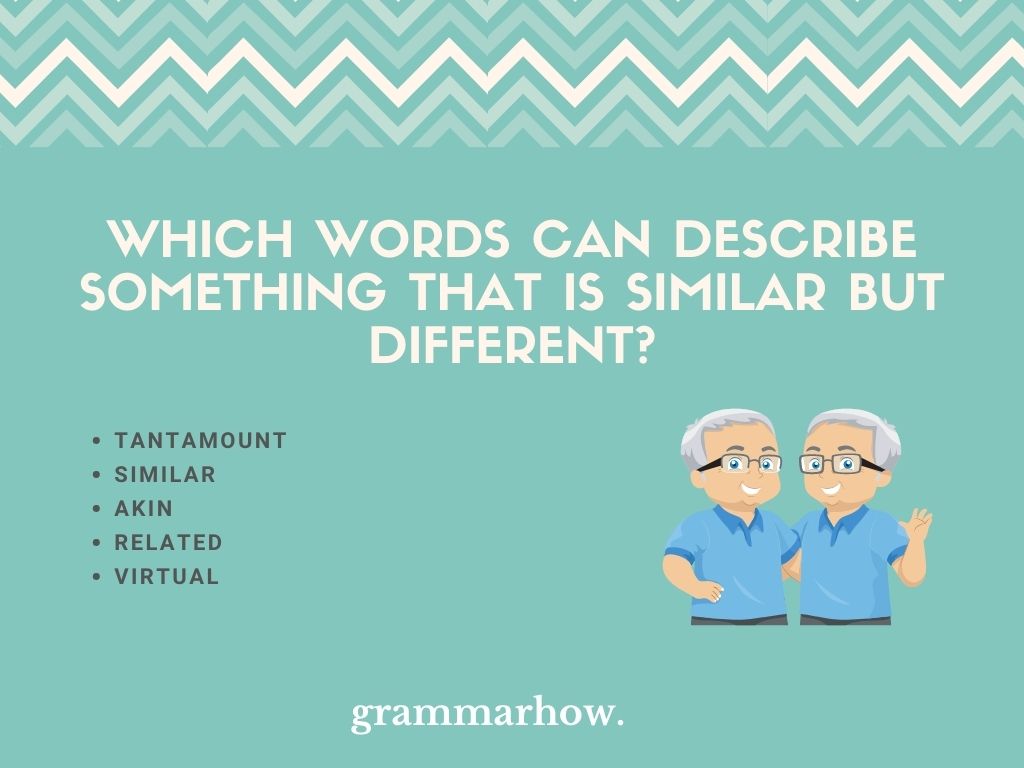Original Definition:
sweetheart, darling — used of either sex
Example:
«I kiss his dirty shoe, and from heart-string I love the lovely bully. What is thy name?» — William Shakespeare, Henry V, 1600
About the Word:
The meaning of bully has been changing for almost five hundred years now, with the earliest evidence of the word dating back to the 1530s.
Along the path from heartthrob to harasser bully has also meant ‘a man of outstanding physical powers,’ ‘a hired ruffian,’ ‘the boss of a logging camp,’ ‘any of several blennioid fishes,’ and numerous other things.
-Ammon Shea
Original Definition:
marked by obedience
Example:
«[We] adore and worship thy majesty, and tremble at thy judgments and works, and therefore pray always that we may content with thy will, and be buxom and obedient thereto.» — Henry Bull, Christian Prayers and Meditations, 1566
About the Word:
Buxom is thought to have come from the Old English word bŪhsum, which shares a common ancestor with the Old English word bŪgan (meaning ‘to bend’).
In addition to its current primary meaning of ‘full-bosomed,’ buxom has at times in the past been used with such varied meanings as ‘physically flexible’ and ‘full of gaiety.’
Original Definition:
to remove from office
Example:
«And under this power are comprehended all the other rights and marks of soveraigntie … to proclaime warre, or to make peace: to take knowledge in the last appeale of the iudgments of all Magistrates: to appoint or to disappoint the greatest officers …» — Pierre de la Primaudaye (Translated by T. Bowes), The French Academy, 1586
About the Word:
It seems as though such a word should be quite simple; if you appoint a person to some position you can also disappoint them from it.
Yet the English language does not always work in a way that makes sense. Not only do words change meaning, but some of our prefixes do not always mean the same thing. For instance, dis- can mean ‘do the opposite of,’ as in disqualify, and also can mean ‘completely’ as in disannul.
It would certainly be pleasant if we could immediately disappoint those who disappoint us, but we generally have to wait for an election to do this.
Original Definition:
to break wind quietly
Example:
«But the false old trot did so fizzle and fist, that she stunk like a hundred devils, which put the poor fox to a great deal of ill ease, for he knew not to what side to turn himself, to escape the unsavoury perfume of this old womans postern blasts.» — François Rabelais (translated by Thomas Urquhart), Gargantua and Pantagruel, 1534
About the Word:
If you are in search of an accurate euphemism for a certain four-letter word, beginning with F, that designates an expulsive bodily function, look no further than fizzle.
For the first several hundred years that this word was in use as a verb in English (since 1533) it only referred to the act of passing wind silently. Fizzle did not begin to refer to making a sputtering sound until the 19th century, at which point the older meaning had, well, fizzled out.
Original Definition:
the internal parts of an animal: viscera
Example:
«Take white Pigeons, and fatten them with Pyneapple kernelles, the space of xv daies, and than kil them: and having cast away the head, the feete, and the guttes, with all the garbage, distill them in a limbecke …» — Girolamo Ruscelli (translated by W. Warde), The Secretes of the Reverende Maister Alexis of Piemount, 1558
About the Word:
Garbage is hardly the only food-related word to have taken on a meaning that is far afield from what it once was. Meat formerly was used to refer to food of any kind, and not just to the flesh of an animal. Also liquor was once used to refer to liquid of any sort, rather than to a substance that is productive of hangovers.
Original Definition:
lechery, lust
Example:
«What? shall we live like beasts promiscuously, Without distinction in foule luxurie?» — Juvenal (Translated by William Barkstead), That Which Seemes Best is Worst, 1617
About the Word:
The current meaning of luxury carries a far more positive connotation today than it did when it first entered the language (a process that linguists refer to as amelioration).
Luxurious likewise had a more negative meaning when it first entered the language (‘of, relating to, or expressive of especially unrestrained gratification of the senses’).
However luxuriant originally meant ‘productive,’ and luxuriate once meant ‘to grow profusely’.
Original Definition:
a ceremony attending the entering of Rome by a general who had won a victory of less importance than that for which a triumph was granted
Example:
«In ancient Rome an ovation was an inferior triumph accorded to victors in minor war or unimportant battle…. An enthusiastic demonstration in honor of an American civilian is nothing like that, and should not be called by its name.» — Ambrose Bierce, Write It Right, 1909
About the Word:
Some people are of the opinion that the word decimate should properly only be used to refer to a punishment or event in which every tenth person is killed, since that is how the word was used by the ancient Romans.
Strangely enough, very few of these people likewise insist that ovation should be held to the same standard.
And there are other English words that are descended from Latin words of greatly different meaning: century once referred to ‘a subdivision of the Roman legion,’ and libertine in ancient Rome was used to refer to a freed slave.
Original Definition:
democracy as a principle or a form of government
Example:
«For conceiving that the Prince my Father had usurped an Authority which did not belong unto him, and desiring to reduce the Government into a Popularity, and to prevent his Successors from raigning after him, see how they argued the matter amongst themselves.» — Madeleine de Scudéry (translated by F.G.), Artamenes, 1653
About the Word:
While the more cynical among us might argue that our current system of government is still largely based on popularity, it is a popularity that is a bit different from the original meaning of the word.
Popularity has been in use since at least 1546, the year in which the Bishop of Winchester used it in a letter to Lord Paget, writing of ‘an inclination they have to a popularity’. The letter is concerned with grave political matters of the time, and not with who is the most liked in the schoolyard.
Original Definition:
of, relating to, or marked by illusion, conjuring, or trickery
Example:
«That strumpet, that inchantresse, … has stolne faire Truths attire, Her crowne, her sweet songs, counterfets her voyce, And by prestigious tricks in sorcerie, Ha’s raiz’d a base impostor like Truths father.» — Thomas Dekker, The Whore of Babylon, 1607
About the Word:
Prestigious and prestige both come to English from the Latin word praestigiae, which meant ‘conjuror’s tricks.’
It’s not so difficult to see the connection there when bearing in mind that the word prestidigitation (‘sleight of hand’) has largely retained its original meaning.
Prestigious did not come to convey renown until the beginning of the 20th century.
Original Definition:
one entrusted with the secrets or confidences of a superior
Example:
«She writ to him discreetly the thoughts of her friend, leting him understand that she was the secretary; that she would serve him in all honest things he could desire.» — Francisco de Quintana, The History of Don Fenise, 1651
About the Word:
Many other words that have been formed through the addition of -ary (which comes from the Latin root -arius, meaning ‘from’) have managed to keep their roots and suffixes neatly tied together: beneficiary, constabulary, and planetary.
So it seems rather obvious, when looking at a word such as secretary, that its original meaning had something to do with secrets. Yet somewhere along the way the word slipped free of its moorings and took on a not terribly secret meaning.
Language belongs to us and we do with it what we please. We invent new words, new spellings and sometimes whole new languages. When it comes to words, we decide what they mean and we change their meanings at will. That’s what English speakers did to the words below. They used to mean something then took a semantic detour. Let’s find them out.
Nice
This is a beautiful word. But it has not always been so. In fact, nice used to mean “silly, foolish, or simple” far from the compliment it is today.
Awful
When you deconstruct the word awful you get the meaning: “something worthy of awe.” And that’s what this word used to mean, not what it means today. Ever heard of “the awful majesty of God?”
Flirt
500 years ago, when you flirted with someone you flicked something away at them or you flick open a fan or otherwise make a brisk or jerky motion. It was far from playing with their emotions.
Meat
Have you ever wondered about the expression “meat and drink”? It comes from an older meaning of the word meat that refers to food in general.
Cute
This hasn’t always been the cute word we know today. It used to mean clever or shrewd. Nineteenth-century politician Thomas Chandler Haliburton used the word to describe a shady lawyer.
Guy
This word is an eponym. It’s named after the infamous Guy Fawkes who was involved in an attempt to blow up Parliament in 1605. Folks used to burn his effigy, a “Guy Fawkes” or a “guy,” and from there it came to refer to a frightful figure. In the U.S., it has come to refer to men in general. Read more about the word guy [here]
Nervous
Nervous means jumpy nowadays. That has not always been the case. Nervous used to mean strong and sinewy.
Silly
We use silly to mean foolish or frivolous. Is this what this word always meant? No! It used to mean innocent or pitiable.
Girl
The word girl used to refer to a young person of both genders, not just a young female.
Naughty
Long ago, if you were naughty, you had naught or nothing. Then it came to mean evil or immoral, and now you are just badly behaved.
Thank you very much for reading the article. Please share it with other people who might be interested.
In the children’s book series, Amelia Bedelia, Amelia is often asked to complete tasks in which she takes the instructions literally. For example, she’s asked to dress the chicken. What does she do? Amelia literally puts a little green pair of shorts and a pink top on the chicken.
Was that what her instructions meant? Of course not! She was supposed to prepare the chicken for cooking. But that’s just it: The English language is complex because sometimes the same word can be used in a different context and have a whole new meaning. This is what’s referred to as a homonym or homophone. Let’s dive into the most frequently used English words that have double or multiple meanings.
- What are homonyms?
- What are homophones?
Start your journey to reach fluency
Most frequently used English words with multiple meanings
It’s vital to understand and recognize homophones and homonyms when in conversation with someone because you wouldn’t want to mistakenly dress a chicken up in clothing, would you?
Exactly!
Let’s first analyze homonyms.
What are Homonyms?
Homonyms are words that are spelled the same and sound the same but mean something different. We’ve compiled a list of common homonyms below.
1. Jam
When used as a noun, jam means the sweet Smucker strawberry jelly you smudge on your PB&J sandwich.
The verb jam could also have numerous meanings. For one, it could be used to refer to playing music. Here’s an example, “I got my drums and he’s got his guitar… it’s time to jam”.
2. Pool
Pool can mean the body of water in a backyard that’s used to swim in.
For example: “After a long day at work, I relaxed in my pool.”
The other version is the game of billiards or using a stick to push a ball into a specific corner of the playing table. When you play pool, you’re competing against another person to get as many of your color balls into the hole first as possible.
3. Season
The smell of freshly cut grass and distant giggles of kids splashing about in their pool are all sounds of summer. Summer is a season just like winter, fall and spring. Because the Sun and Earth are constantly moving, the sun shines differently across different areas on Earth. This creates different temperatures during the time periods we call seasons.
But “season” is a word with a double meaning: Indeed, you can season your food with salt and pepper to give it a bit of spice and pizazz!
4. Read
This word is special because it means the same thing in context but the way you say it indicates either past tense or present. The present tense version of “read” means to utter aloud, as in “I am going to read you this story right now”.
The other option, “read”, is pronounced like the color red. It means to have already studied or read aloud.
5. Letter
A letter can be a written note typically delivered via email or the symbols we use to make up words. To illustrate, “I wrote a letter to my brother while he was away at war”.
6. Nail
A nail is a protective layer of hard skin on your fingers and on most other mammals such as gorillas or cats. Some prefer to paint their nails to give them some spunk!
On the other hand, a nail could be a piece of metal used to keep two objects together. Nails are used to secure paintings to the wall or piece together bits of furniture.
7. Bat
A bat is a nocturnal bird-like animal, while the other type of bat is a wooden object used to hit a baseball.
8. Fly
In the sentence, “I will fly a plane someday” the word “fly” is used as a verb. Whereas, if I say “That tiny buzzing fly landed on my fresh food while I was eating”, I’m using the word fly as a noun.
These are only some of the most frequently used homonyms out of many.
What are homophones?
Homophones are words that are spelled differently and have different meanings but sound the same. Below are some of the most common ones:
1. One vs won
You might have one single pet or you may have won your last basketball game. One is a single unit of something and won is a victory.
2. Aloud vs allowed
Do you have kids? If so, let’s say you’ve put this rule into place: you aren’t allowed to eat chocolate ice cream before bed. The word allowed in this sentence means not permitted.
In contrast, the word aloud means to be audible. For instance, “the teacher assigned Juliet to read chapter 8 of Charlotte’s Web aloud”.
3. Affect vs effect
Affect means to make a difference. Effect on the other hand is a result. These words go hand in hand because to be affected means to have an effect. Let me clarify with an example.
Amanda wondered if Crest White Strips would affect her teeth.
Crest White Strips had the promised effect on Amanda’s teeth.
4. Here vs hear
Can you guess the difference between the meaning given these two sentences?
- Can you come over here and help me fix this sink?
- I can’t hear what you said because I’m too far away.
In the first sentence, “here” suggests a location, and the person who needs help is in a different place than the person they need help from.
You’ll notice in the second statement, “hear” suggests he or she cannot perceive what is being said because of the distance.
5. Buy vs by vs bye
Did you just sing the “Bye Bye Bye” NSYNC song in your head? Yeah, me too. The “bye” used in that song implies a farewell greeting and is short for goodbye. Use the word “buy” when you need to purchase something and the word “by” to refer to a location. Let me further explain with a couple of sample sentences:
- I got back on the plane and said bye to my boyfriend after a lovely trip together.
- I had to buy some fresh oranges from the store.
- Can you get her purse? It’s right by the door.
6. Your vs you’re
“You’re” is a contraction of the words “you are”. A contraction is a select group of words that are shortened and replaced with an apostrophe. A good way to see if you should use your or you’re is to revert to “you are” instead of “you’re” and see if it makes sense in the sentence.
For example, which sentence sounds correct:
- Is that your coat over there?
- Is that you are (you’re) coat over there?
The first one, right!? The one your in the first sentence symbolizes belonging. What belonged to the person? The coat belonged to the person.
7. Ate vs eight
I ate pizza for dinner. Here, the word ate means to consume and is the past tense version of eat. The other version, eight, is the number after seven and before nine.
8. Eye vs I
An eye is the body part you use to see the world, while “I” is a pronoun that’s used when you’re talking about yourself. Here are some examples:
- I was running late for my date because there was a traffic jam.
- I saw the magic trick with my very own eyes.
Start your journey to reach fluency
The language barrier can make communication abroad really tough, but sometimes, things can get far worse than simply not understanding the foreign language and you can find yourself in a really embarrassing or outrageous situation. Who is to blame? Certainly, it’s not you nor the other person’s fault, you simply misunderstood each other, but it may be some word one of you has said that triggered the awkward situation.
In fact, what you think you’re saying or hearing in English may mean something completely different in other languages. For example, a word that sounds very much like embarrassed in Spanish, ‘embarazada’ actually means pregnant in Spanish. Words like these are called “false friends” in linguistics, and to put it simply, they’re a nuisance, as they sound very similar to a familiar word, but mean something completely different.
The following 15 false friend words are all eerily similar to English words, but they mean something completely different in other languages, so keep an eye out for these when you’re communicating abroad.
1. English and Dutch
Don’t be surprised if someone invites you for a ‘glass’ in the Netherlands.
2. English and French
Never ignore an ‘advertissement’ in France.
3. English and Russian
Don’t get confused if someone is waiting for you in their cabinet in Russia.
4. English and Swedish
Does it seem weird to you that Swedes discuss bras way too often? This is why.
5. English and Georgian
These two words in Georgian are definitely worth remembering to avoid confusion.
6. English and Spanish
Looking for a carpet in a Spanish-speaking country? Don’t be surprised if you’re directed to a stationary store.
7. English and Japanese
Apparently, this word is a borrowing from English that changed in meaning quite drastically, so it’s safer not to say it a lot in public places.
8. English and Polish
Never order pasta at a restaurant in Poland, you’ll be disappointed, to say the least.
9. English and Hungarian
On top of it all, Hungarians pronounce this word as «former», which only adds to the confusion.
10. English and Czech
This is the same in all Slavic languages and many other countries in Europe. Confusing, we know.
11. English and Welsh
In fact, «moron» can be used both the way we do in English and to refer to a carrot in Welsh.
12. English and Malay
Luckily, the pronunciation of this word in Malay is not the same as in English, but in written form, in a menu, let’s say, it would be quite surprising to find some air.
13. English and Spanish
This word is very similar to the word «disgusted» in English, but it means something quite different.
14. English and Hungarian
This is an important distinction to know, especially if you’re having a Hungarian visiting your home.
15. English and German
Mobile phones sure are handy, but in Germany, they are literally called that.
Sign In
- lol Badge Feed
- win Badge Feed
- trending Badge Feed
Browse links
Edition
US residents can opt out of «sales» of personal data.
- © 2023 BuzzFeed, Inc
- Press
- RSS
- Privacy
- Consent Preferences
- User Terms
- Accessibility Statement
- Ad Choices
- Help
- Contact
- Sitemap
Posted on 28 Jul 2014
Redrum = Murder.

by Kelly Oakes
BuzzFeed Staff, UK
1.
«Desserts» / «Stressed»
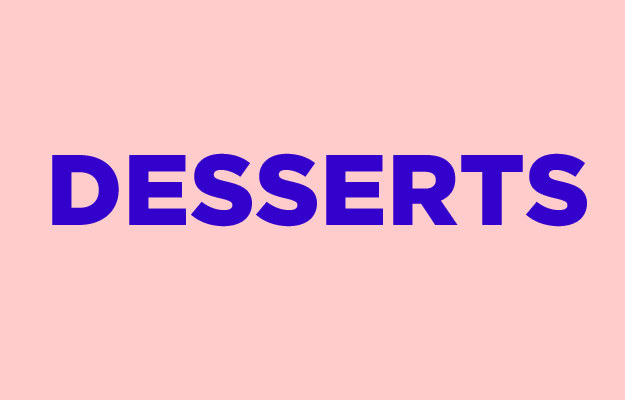
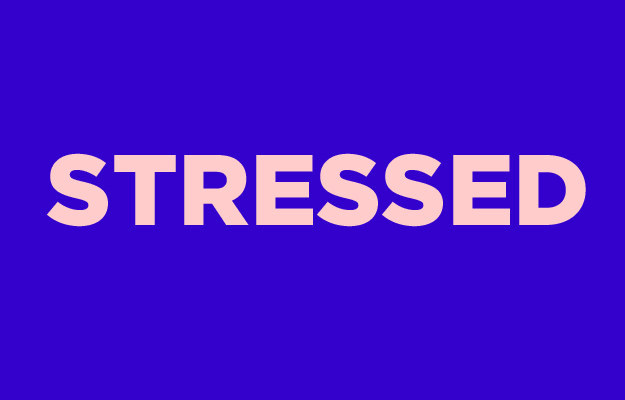
2.
«Live» / «Evil»

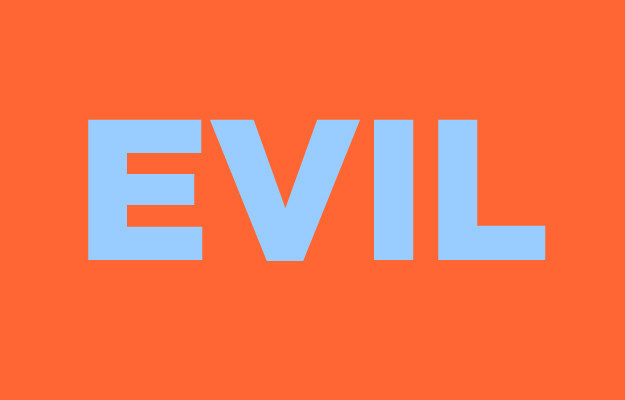
3.
«Knits» / «Stink»
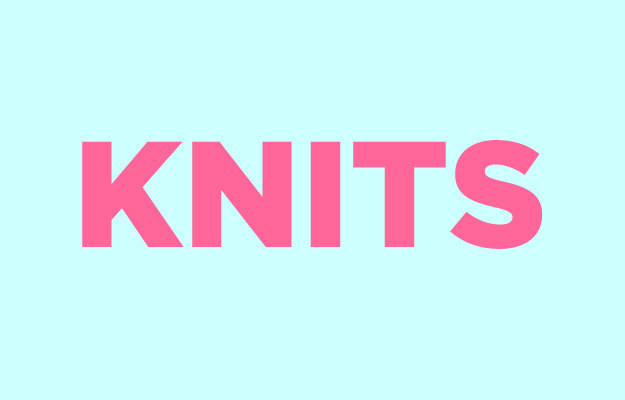
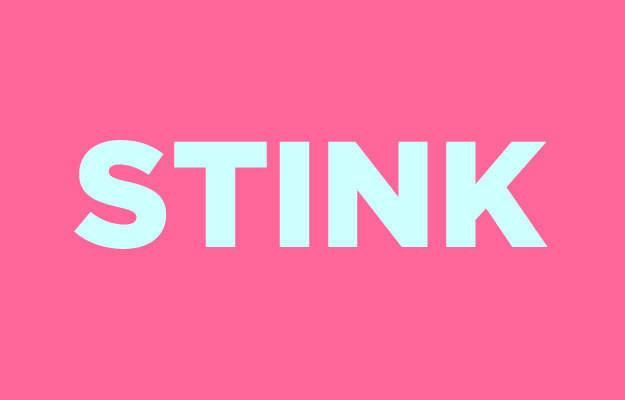
4.
«Sports» / «Strops»


5.
«Regal» / «Lager»
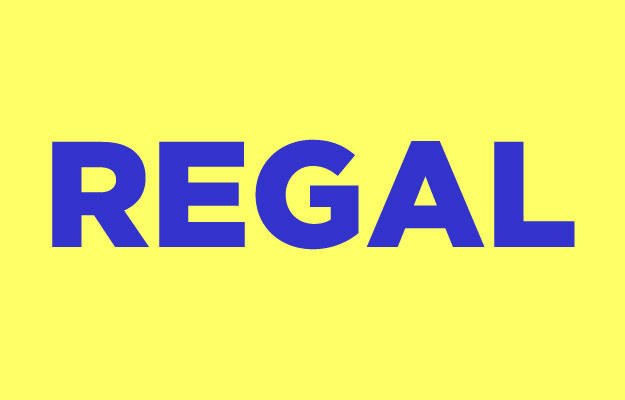

6.
«Pupils» / «Slipup»
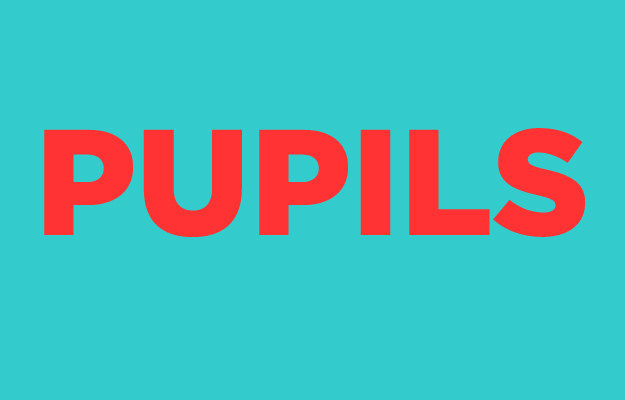
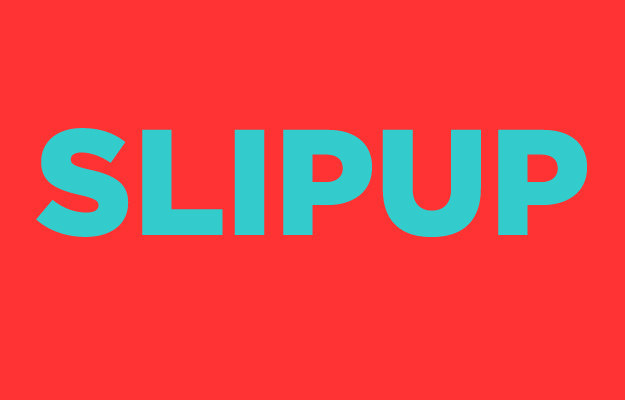
7.
«Raw» / «War»
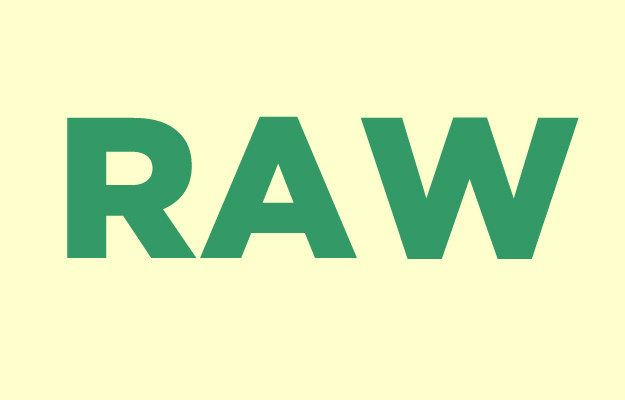

8.
«Smart» / «Trams»
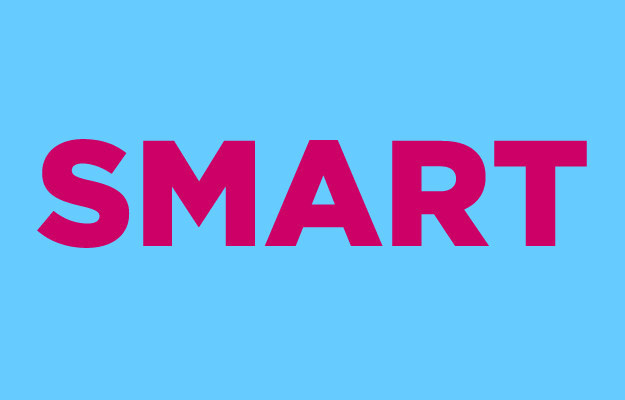
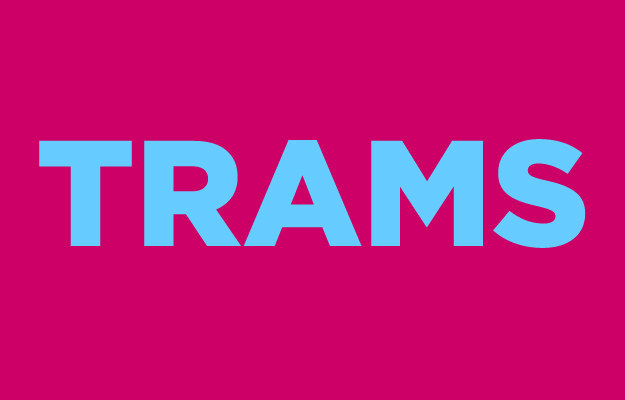
9.
«Pals» / «Slap»
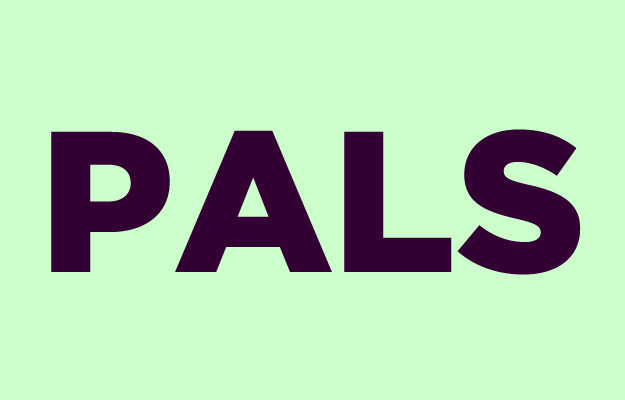
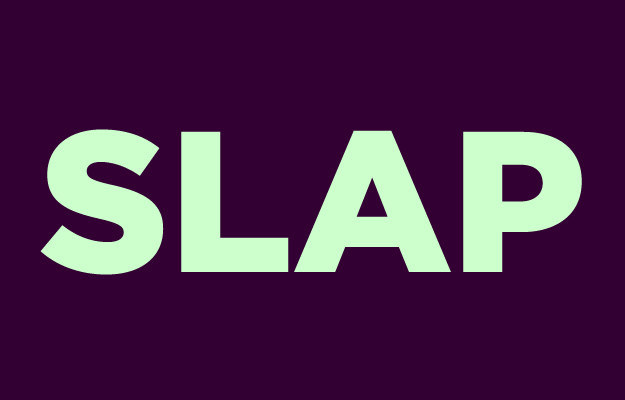
10.
«Snug» / «Guns»


11.
«Lived» / «Devil»

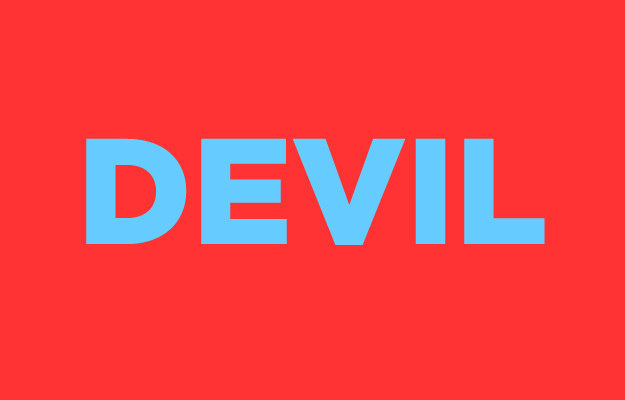
12.
«God» / «Dog»


13.
«Straw» / «Warts»


14.
«Time» / «Emit»


15.
«Deliver» / «Reviled»


16.
«Star» / «Rats»
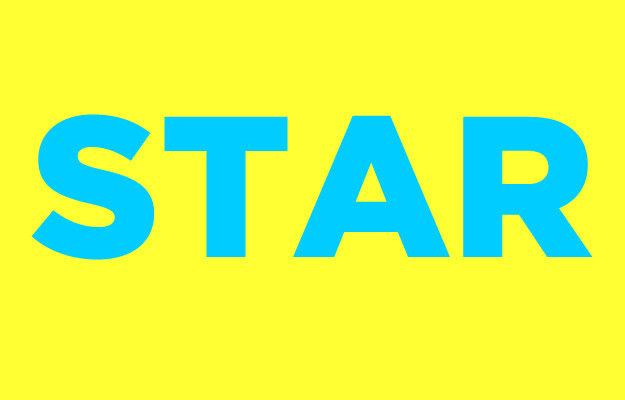
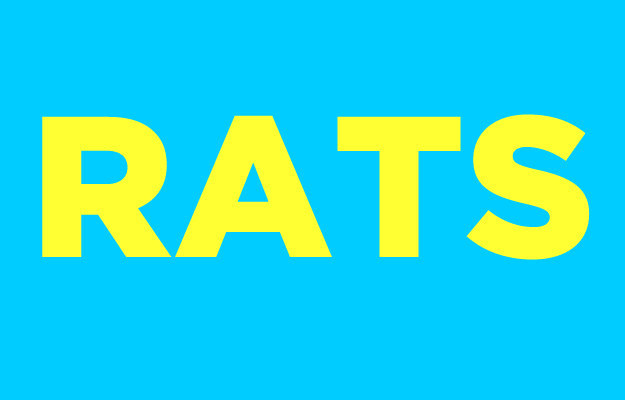
17.
«Spoons» / «Snoops»
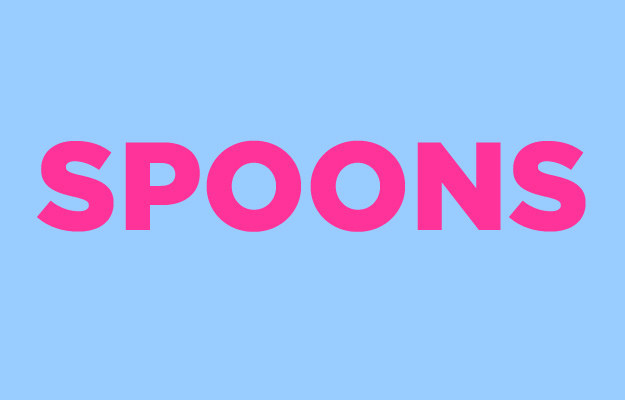
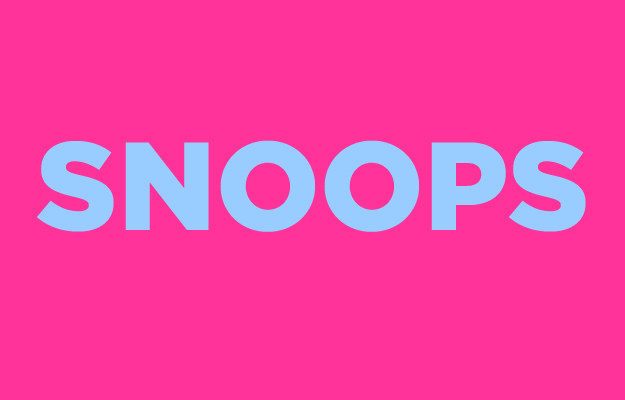
Shutterstock
Words change over time. Like how I love you can change from a sweet endearment to a hollow and raspy call you say trying to desperately convince yourself there’s still life in this marriage. In the same way, words can start out as something bright and shiny and turn super Sauron-y rather quickly. Words are … the Gollums of the English language.
So we’re here to document this weird and strange transition and let you know that all the words you’re using have dark and ancient backstories. Or gross one. You’d be surprised how many just have super nasty archaic definitions.
Fascism
Getty Images
Fascism makes you think of jackboots and people ovens. It makes you think of totalitarian dictators taking over the world. It reminds you of dark despair, but guess what though? None of that’s how fascism started out.
Yep, much like dictators who started out as meager art students before threatening the world, fascism had a rather prosaic definition at first. Originally, fascism meant bundle. As in a bundle of things. Which we guess it still sort of means nowadays, but instead of a bundle of things, it means a bundle of really awful people out to ruin the world. The original definition grew to mean a political group and then, specifically, the type that really likes black shirts and killing people. So remember, next time you think of fascism, think of a bundle of sticks—and remember, sticks can burn.
Fag
Getty Images
Fag is one of those words that you’re better off not ever uttering. It’s a slur, given to gay—or, occasionally, just effeminate—boys (or people who look like boys). It’s harmful and hurtful, and it started out slightly different.
Now, we’re not giving you permission to say this word all over town or anything, but fag didn’t start out meaning what you think it means now. Of course, there’s a chance that some of you might know this already, because in the UK fag still carries its archaic meaning. That’s bundle of sticks or cigarette, right? Wrong!
Fag meant «student.» Yeah. In the 1700s, it meant «junior student who does certain duties for a senior.» (Heh heh, «certain duties.») «Faggery» was «fatiguing labor,» which we guess still applies because being gay in this society is pretty exhausting. It wasn’t until the mid-1920s that the word took on its now common meaning.
Awful
Shutterstock
Awful describes everything we don’t like. McDonald’s is awful. The (political party you don’t like) is awful. The Transformers films are awful. But awful didn’t used to mean bad. It meant reverently profound. It meant «awe-ful,» as in something that filled you full of awe. Think less «bad Chinese food» and more «beholding the face of God.» And just like the face of God, or bad Chinese food, awful was applied to things so huge and holy that they commanded respect and fear.
So, yeah, sure the Transformers movies might be awful, but that doesn’t mean they’re bad. It means they’re so gloriously huge and unfolding in such majesty that the human mind can’t but stand back and watch in respect, dread, and reverence as Optimus Prime punches the heck out of Megatron. That’s awful.
Dunce
Shutterstock
You’re such a dunce! your teacher might’ve yelled after you got the equation wrong for the 30th time. You might’ve even been forced to wear a dunce cap and sit in a corner (although this isn’t likely unless you literally lived in a cartoon). But little do all those people who call you «dunce» know, they’re complimenting you.
Dunce wasn’t a word. It was a name. Which we guess also makes it a word, but you know what we mean.
There was a man named John Duns Scotus—no relation to the Supreme Court—who was a) Scottish and b) a philosopher. He rebelled against the typical medieval view of the world at the time, and, well, that made everyone laugh at him. People who followed him were called Dunces (sort of the 1200s version of Beliebers) but since those dunces were viewed so negatively, the word took on the meaning it has today. But remember, it just means you’re a rebel. Now go sit in the corner.
Punk
Aw, yeah, who doesn’t like punk music? It’s the best, right? Dead Kennedys, Against Me!, The Clash—great bands. Plus, the punk style is pretty cool, right? Being punk means rebelling and rocking out, but it didn’t always mean that exactly. Originally, punk was a word synonymous with prostitute.
Back in the 1500s, if your dad called you a punk, it wasn’t a small jab, it was a flat-out insult, like calling you a whore. After a while, the word grew to mean «a worthless person» because society is just super awesome to women and always has been. But then, it was reclaimed as a word that meant being just so freaking awesome, which is fair since it had been applied to awesome people forever. So yeah. Dead Kennedys rock, and be nice to sex workers.
Pumpernickel
Shutterstock
This is perhaps the only word whose original meaning also seems to accurately describe our feelings about its newer meaning.
Pumpernickel is a dark rye bread that, depending on who you are, either you like, or you’re someone who has correct opinions about food. Regardless, we can all admit it is a food. But that’s not how pumpernickel started out.
Those German scholars out there might already know this, but pumpernickel means «the devil’s fart.» Yeah, that’s what pumpernickel is, and you know what? We can kind of see how that applies to pumpernickel as it is, because it is also odious and perhaps sent by the devil to destroy our wellbeing and happiness. Before pumpernickel was called «devil fart,» its name was «krankbrot,» which meant «sick-bread,» making you wonder why people kept baking it if everyone seemed to hate it as much as we do.
Nimrod
Getty Images
You’re such an ignoramus, you’re such a dunce, such a nimrod. «Well, hold up one second,» you say to this imaginary bully who is just hurling insults at you. «Nimrod was a great king,» you might say, before getting pelted over and over with dodgeballs. But you’re right, you little dork.
Nimrod meant «great hunter.» He was a king from the Old Testament. And it wasn’t like the Bible was mean to him or anything. He was pretty awesome there. So what happened?
No one quite knows how it started to become an insult, although we do know it happened in the 1980s. Some people think it’s because of Bugs Bunny using it in a cartoon, which just goes to show that no matter what you do, nothing will be as influential as silly cartoons you watch once when you’re a kid. Not even the Bible.
Avocado
Getty Images
Avocado is the main ingredient in guacamole and all of white people’s sense of empathy. It’s a green fruit with a huge pit, and it’s pretty fashionable, especially in more hipster areas, like, for example, all of California. Now, while guacamole’s taste is good or bad, depending on your preference, the name for it means … testicles. Yep, that’s right, those [description redacted] that hang [redacted] and look [redacted] [redacted].
If it helps at all, the word also shares roots with a word that means «lawyer,» so now you know that guacamole and lawyers are not just things only rich white people can enjoy, but they’re also etymologically related to the word for [redacted] [redacted] balls.
Jumbo
Getty Images
If you’re a fan of seafood, then you know what jumbo means—it’s your favorite type of shrimp! Jumbo means big, huge, large. The size of every single soda in America. But the way we use «jumbo» now isn’t connected to the original meaning, but to an elephant named Jumbo.
See, «jumbo» originally meant «clumsy,» which is why it was the perfect name for a circus elephant. PT Barnum (the famous one who went around the world screaming stuff until people believed him) told tales of how Jumbo the Elephant was so large and massive that even other elephants looked like mere fleas in comparison. So a word that started as describing you when you’re drunk became a word that describes you after Thanksgiving dinner.
Fizzle
Shutterstock
«Fizzle» makes you think of something building up and then ending without any type of big spectacular boom, right? Like a firework that ends without a splash. But think of fizzy water. Or something that’s fizzling. Doesn’t it look like air escaping? And what is air escaping called when it happens with humans?
Yep, the original meaning of fizzle was «fart.» Specifically, it meant breaking wind without making a sound. So «silent but deadly» is just a longer way to say you did a «fizzle.» Think of that the next time you’re drinking fizzy water: It’s just a big ole bottle of water farting down your throat. Yum.
Reduce
Shutterstock
Reduce, reuse, recycle is a pretty common refrain about how we can cut down on our wasteful use and keep the Earth safe and clean. That’s what reduce means, after all. Reduce our amount of garbage by recycling. Reduce our wasteful spending by saving. Reduce a town by conquering it with a mass of soldiers and fear. Wait, what was that last one?
Yeah, one of the original meanings of reduce was to conquer a town, like something Napoleon would’ve done. Of course it’s not the original meaning. Reduce has been around for almost a thousand years, and it’s gone through a lot of different incarnations. In one version, it meant «bring back.» Then it was rebooted as «bringing back» but in a bad way—diminishing (so, you know, like a reboot). It kept going, meaning to make someone lower in rank and then to conquering a town, and finally to our current version of the word. In the 2100s, it’ll probably mean to build a city.
Cheat
Shutterstock
Cheat is one of those multi-purpose words that means «you unfairly betrayed another person with whom you had an agreed upon set of rules.» It’s most commonly used when you’re discussing infidelities or someone breaking the rules at video games. Originally, it meant the legal «revision of property to the state when the owner dies without heirs.»
This one makes a whole lot of sense. Can’t you see how the term for «cheat» evolved from the government seemingly stealing land from your family to becoming the term it is today? Just shows that even since olden times, humanity has always hated the government. Bunch of cheats then, bunch of cheats now—at least one thing hasn’t changed.
Funny, History, Lists, Other
Etymology is defined as “the study of the origin of words and the way in which their meanings have changed throughout history”. If you were to travel just five hundred years back in time, you’d probably have quite a bit of trouble understanding what people were saying. For example, if you offended a nobleman and he threatened to thrill you, you probably wouldn’t assume he wanted to literally pierce a hole through your chest. That’s because the meaning of thrill has changed drastically since the 16th Century. It’s now synonymous with excite or affect, but it used to mean pierce or penetrate. What else has changed? Read on to find out how the people of the past used words in completely different ways.
Bunny
That’s right, you’re looking at a bunny. At least, that’s what we used to call it. People made the switch from “bunny squirrel” to “bunny rabbit” in the early 17th century.
Fascinate
If you were to say you’re fascinated by something, you probably mean you’re interested or enthralled by it. Originally, however, the word meant bewitched or enchanted as if by a magical spell.
Livid
Today, we use livid to express being furiously angry. When the word first appeared in the early 1600’s, however, it described a greyish-blue color.
Queen
Before the word came to mean “wife of a king”, queen was simply a general term for a woman. Thus, in the past, all women were queens and all queens were women.
Dump
As a homonym, dump has several meanings. But it’s doubtful you’ll find anyone using its original definition: absentminded daydreaming.
Keen
Before keen meant “having or showing eagerness or enthusiasm”, it referred to something warlike, fierce, or showing great bravery.
Alienate
The word alienate began life as a legal term in the 1400’s. Derived from the Latin word alienus, which meant unfamiliar or foreign, alienate described transferring ownership of something, thus making it “alien” to you.
Cheap
Until about five hundred years ago, cheap did not mean low cost. It’s had a number of definitions over the centuries, but originally it meant marketplace. To cheapen something meant to ask how much it costs.
Explode
Explode once meant to drive out by clapping, to hiss off the stage. Using this definition, fans at the Apollo Theater explode performers they don’t like. Tough crowd!
Jargon
Jargon is defined as special words or expressions that are used by a particular profession or group and are difficult for others to understand. It may come as little surprise, then, that the word’s origins also dealt with unintelligible babble – only this babble was from birds.
It wasn’t until the mid 17th century that we started applying the word to the “twittering” and “chattering” of people.
Gamut
Gamut originally referred to all the notes in a musical scale. Over time, the word evolved to its current definition, which is the complete range or scope of something.
Rival
In the early 15th century, rival meant riverbank or shoreline. By the 16th century, the word meant person using the same stream as another person.
The modern definition of competitor or opponent is derived from fishermen competing over prime fishing spots.
Handicap
Though it is widely believed the word handicap has its origin with disabled veterans turning over their caps for alms, it actually described a form of bartering or trade. Two parties would hire a third, impartial person to examine the goods each was offering. The third party would turn out his cap to collect his percentage of the bargain.
Ambidextrous
In its modern usage, ambidextrous means able to use the right and left hands equally well. In the 16th century, however, an “ambidexter” was a person who took bribes from both sides in a legal dispute. Thus, ambidextrous meant something like deceitful or two-faced.
Punk
Long before the word referred to Johnny Rotten and his band of misfits, the word punk had a variety of meanings. Its earliest definition? Prostitute.
Speechless
The poet Geoffrey Chaucer, much like William Shakespeare, is responsible for many of the words and phrases people use today. Among his linguistic innovations is the modern definition of speechless. Today, we use it in a figurative sense. In Old English, however, the word was far more literal, referring to someone physically unable to speak.
Manage
Manage now means to be in charge of something. Originally, it actually referred to being in charge of a horse.
Naughty
We think of naughty in a far more playful sense than people did just six hundred years ago. Back then, it meant to have nothing. Eventually, it evolved to mean to have no morals. From there, it slowly came to mean mischievous or disobedient.
Thrill
Thrill originally meant to piece a hole in something. That is, until Shakespeare came along. He used the word to give the concept of excitement a little added weight, and that usage has stuck with us since.
Words change meaning all the time — and over time. Language historian Anne Curzan takes a closer look at this phenomenon, and shares some words that used to mean something totally different.
Words change meaning over time in ways that might surprise you. We sometimes notice words changing meaning under our noses (e.g., unique coming to mean “very unusual” rather than “one of a kind”) — and it can be disconcerting. How in the world are we all going to communicate effectively if we allow words to shift in meaning like that?
The good news: History tells us that we’ll be fine. Words have been changing meaning — sometimes radically — as long as there have been words and speakers to speak them. Here is just a small sampling of words you may not have realized didn’t always mean what they mean today.
- Nice: This word used to mean “silly, foolish, simple.” Far from the compliment it is today!
- Silly: Meanwhile, silly went in the opposite direction: in its earliest uses, it referred to things worthy or blessed; from there it came to refer to the weak and vulnerable, and more recently to those who are foolish.
- Awful: Awful things used to be “worthy of awe” for a variety of reasons, which is how we get expressions like “the awful majesty of God.”
- Fizzle: The verb fizzle once referred to the act of producing quiet flatulence (think “SBD”); American college slang flipped the word’s meaning to refer to failing at things.
- Wench: A shortened form of the Old English word wenchel (which referred to children of either sex), the word wench used to mean “female child” before it came to be used to refer to female servants — and more pejoratively to wanton women.
- Fathom: It can be hard to fathom how this verb moved from meaning “to encircle with one’s arms” to meaning “to understand after much thought.” Here’s the scoop: One’s outstretched arms can be used as a measurement (a fathom), and once you have fathoms, you can use a fathom line to measure the depth of water. Think metaphorically and fathoming becomes about getting to the bottom of things.
- Clue: Centuries ago, a clue (or clew) was a ball of yarn. Think about threading your way through a maze and you’ll see how we got from yarn to key bits of evidence that help us solve things.
- Myriad: If you had a myriad of things 600 years ago, it meant that you specifically had 10,000 of them — not just a lot.
- Naughty: Long ago, if you were naughty, you had naught or nothing. Then it came to mean evil or immoral, and now you are just badly behaved.
- Eerie: Before the word eerie described things that inspire fear, it used to describe people feeling fear — as in one could feel faint and eerie.
- Spinster: As it sounds, spinsters used to be women who spun. It referred to a legal occupation before it came to mean “unmarried woman” — and often not in the most positive ways, as opposed to a bachelor …
- Bachelor: A bachelor was a young knight before the word came to refer to someone who had achieved the lowest rank at a university — and it lives on in that meaning in today’s B.A. and B.S degrees. It’s been used for unmarried men since Chaucer’s day.
- Flirt: Some 500 years ago, flirting was flicking something away or flicking open a fan or otherwise making a brisk or jerky motion. Now it involves playing with people’s emotions (sometimes it may feel like your heart is getting jerked around in the process).
- Guy: This word is an eponym. It comes from the name of Guy Fawkes, who was part of a failed attempt to blow up Parliament in 1605. Folks used to burn his effigy, a “Guy Fawkes” or a “guy,” and from there it came to refer to a frightful figure. In the U.S., it has come to refer to men in general.
- Hussy: Believe it or not, hussy comes from the word housewife (with several sound changes, clearly) and used to refer to the mistress of a household, not the disreputable woman it refers to today.
- Egregious: It used to be possible for it to be a good thing to be egregious: it meant you were distinguished or eminent. But in the end, the negative meaning of the word won out, and now it means that someone or something is conspicuously bad — not conspicuously good.
- Quell: Quelling something or someone used to mean killing it, not just subduing it.
- Divest: 300 years ago, divesting could involve undressing as well as depriving others of their rights or possessions. It has only recently come to refer to selling off investments.
- Senile: Senile used to refer simply to anything related to old age, so you could have senile maturity. Now it refers specifically to those suffering from senile dementia.
- Meat: Have you ever wondered about the expression “meat and drink”? It comes from an older meaning of the word meat that refers to food in general — solid food of a variety of kinds (not just animal flesh), as opposed to drink.
We’re human. We love to play with words in creative ways. And in the process, we change the language. In retrospect, we often think the changes words undergo are fascinating. May we transfer some of that fascination and wonder — some of the awe that used to make the words awful and awesome synonymous — to the changes we’re witnessing today.
[ted id=2022]
Watch Anne Curzan’s TED Talk to find out what makes a word “real”.
- Anne Curzan
- blog
- Editor’s picks
- English
- history
- language
- linguistics
- meaning
- opinion
- words
When you’re looking for a word to describe something that is similar but different, you might not be too sure of the right one to use. This article will look into the best synonyms for such a case, so you’ll have an easier time figuring them out in the future.
Which Words Can Describe Something That Is Similar But Different?
There are some good words to describe something similar but not the same. Some of the best include:
- Tantamount
- Similar
- Akin
- Related
- Virtual
The preferred version is “tantamount” because it offers the closest meaning to what we’re looking for with the description. When you want to talk about something that is not quite the same thing but similar enough, “tantamount” is usually the answer.
Tantamount
Let’s start with “tantamount,” which is by far the best choice on this list for talking about two or more things that are almost identical but differ in certain ways.
“Tantamount” is the word we use when we want to talk about two things being almost identical. However, there is a crucial difference between the things, which notably comes down to a negative quality.
The definition of “tantamount,” according to The Cambridge Dictionary, is “being almost the same or having the same effect as something, usually something bad.”
“Tantamount” is ideal when talking about things that don’t quite work in the same way, even if that was their intention. Sometimes, people won’t realize that something they’ve done or created is tantamount to another thing, and it’ll take another pair of eyes to point this out.
We typically use the preposition “to” after “tantamount,” which shows that two or more things are similar to each other. “Tantamount to” is the most common grammatical structure that you’ll come across.
“Tantamount” works best in negative situations, and you can see that in the following ways:
- Your obedience is tantamount to us finding where you hid your treasures all those years ago.
- This idea is tantamount to bringing forth the destruction of everything that I’ve worked for.
- Your idiocy is tantamount to what happened in those darker times of history. The times that everyone wished they could forget.
- This error is tantamount to everything that we pushed aside to pave the way for the new world.
While sometimes describing a phrase with itself isn’t ideal, in this case, “similar” is a great word to use. Similar things are, by nature, different in some way to their partners, which is why it belongs on this list.
“Similar” means that two things are not quite the same, and there is usually a subtle difference. That subtle difference is notable, and it’s not something that you can miss, even if most people choose to overlook it.
The definition of “similar,” according to The Cambridge Dictionary, is “looking or being almost, but not exactly, the same.”
When we’re talking about things that are similar or have similarities, we often try to look at how close they are to each other. We don’t want to focus too much on what makes them different because that isn’t the same.
Instead, it helps to look at what brings them together. It allows us to use “similar” in a more positive sense than “tantamount,” which is ideal when the context of the sentence calls for something a little less harsh.
“Similar” is a great choice, especially when thinking about situations that aren’t strictly negative in some way. These examples demonstrate its usage:
- Our theories are far too similar. You have to change yours before there’s too vast of a conflict in our findings.
- These ideas are similar in theory, but they’re completely opposite to each other in practice.
- We’ve come up with something similar to what’s already in motion. All this will do is streamline our processes.
- You think these two things are similar, but I don’t see any similarities that are worth noting!
Akin
“Akin” is a great word that’s similar to what we’re looking for here. It’s not as common anymore, but it’s still used when it counts.
We can use “akin” in the same way as “similar.” It means that two or more things have much of the same qualities, even if they’re not completely identical. We use “akin” to compare two things, especially to do with ideas or thoughts about certain qualities in life.
The definition of “akin,” according to The Cambridge Dictionary, is “having some of the same qualities.”
When talking about different but similar things, “akin” is up there with some of the best choices. The only reason we didn’t place it higher is that it’s an old-fashioned word that rarely sees common usage today.
In fact, most native speakers try to avoid it for the easier “similar” variation.
More people have heard words like “similar” (or even tantamount), and “akin” seems like something that a Shakespearian scholar might come up with in their prose. Of course, this isn’t the case, and you’re more than welcome to use it whenever you feel the need to.
We might see “akin” work as follows:
- The language they speak is akin to something you might hear from a Tolkien novel.
- Our ideas are akin, which makes it all the more difficult to shut yours down!
- His thought processes are akin to the way I like to view the world, and I think that’s why we’re so perfect for each other.
- Your mannerisms are akin to something out of The Jungle Book. I don’t know which character best describes you, though.
Related
“Related” struggles to keep up with some of the other choices, but you can still find a wide variety of uses for it when looking for things that are similar yet different.
We can use “related” in a specific way when two things are connected or influenced by each other. It doesn’t have to rely on a familial relationship, and we can instead talk about two or more things that work in a very similar fashion to each other.
The definition of “related,” according to The Cambridge Dictionary, is “connected to, influenced by, or caused by something.”
While it might not be the best synonym for this situation, it still has plenty of uses that mean the same thing as what we’re looking for.
“Related” refers to a connection between a group of things. That means that those things influence each other in some way, whether that was the original intention of them or not.
When things are “related” in this manner, we can talk about how close they are in qualities. We can also look at what makes them different in certain ways and pick up on those traits to help people work out why we’re only dealing with “similar” things and not “identical” things.
“Related” might work as follows:
- These ideas are too closely related to each other. You’ve got to come up with something different.
- This is related to the things that you spoke about yesterday, and I think I know what you’re about to say.
- We are all related in the way we think and share our ideas.
- It’s easier to find something that relates to your method of thinking, which sets us up for better discussions in the future.
Virtual
“Virtual” is the last word we’ll go through. It’s great to use when trying to think of something almost identical to another thing but has something stopping it from being completely the same.
“Virtual” is a word that seems to be more popular in modern days, especially with the global rise of virtual reality. It means that something is almost identical to the thing it’s recreating, but there are certain obvious tells that show us otherwise.
The definition of “virtual,” according to The Cambridge Dictionary, is “almost a particular thing or quality.”
Since most “virtual” things are computerized or have some kind of programming requirement, it’s obvious what the difference will be.
For example, if we talk about the real world and the “virtual world,” we refer to the world we live in and a world that is made up of computers. While the concept is the same, the “virtual” world isn’t quite the same as the real world, as we won’t be able to live in it.
We can also use “virtual” as an adjective or adverb to describe something. When used in this way, it means that something is “almost” like the thing we’re describing, even though there are distinct differences.
- Virtually hidden (almost hidden)
- Virtually running (almost running)
In this way, “virtual” still means that something is similar but not quite the same, which is what we’re looking for from the words in this article.
You might see “virtual” in the following ways:
- This is only a virtual experience, but it comes close to being like the real thing.
- I’m virtually exploring the world around me with nothing but a computer console to do it.
- The virtual world that you’ve created has much of the same conflicting issues as we experience today.
- This is virtually identical to what we’ve seen already, which I find to be a waste!
You may also like:
12 Better Ways To Say “In Other Words”
11 Words That Mean “To Make Similar”
Martin holds a Master’s degree in Finance and International Business. He has six years of experience in professional communication with clients, executives, and colleagues. Furthermore, he has teaching experience from Aarhus University. Martin has been featured as an expert in communication and teaching on Forbes and Shopify. Read more about Martin here.
Words that used to mean something very different
We’ll own up right at the start: the ten words below were suggested to us by the latest book we’ve been reading, Paul Anthony Jones’s The Accidental Dictionary: The Remarkable Twists and Turns of English Words. Jones’s previous books – one of which we included in our pick of the best and most interesting books about the English language – have taken a look at the curious and often surprising histories of English words, and his new book is no different. We were fortunate enough to be the recipients of an advance review copy of the book; it’s out in the UK next week. Below are ten surprising words which quite drastically altered their meanings at some point in the past, and now mean something very different from their original definitions.
AMBIDEXTROUS. This word, Jones reveals in his book, originally meant ‘duplicitous’ or ‘deceitful’, when it first appeared in the English language in the sixteenth century. An ‘ambidexter’, meanwhile, was a dishonest lawyer. Why? Because he would accept a payment from both sides of a legal dispute.
Of course, these days the word ‘ambidextrous’ simply denotes proficiency with both hands – meaning you can play tennis, for instance, equally well with your left or your right hand – but this more recent sense only emerged later in the sixteenth century. ‘Ambidextrous’ literally means ‘right-handed on both sides’. (‘Ambilaevous’, meaning ‘left-handed on both sides’, denotes the opposite – i.e. being useless with both hands.)
CLOUD. The word ‘cloud’ is from the Old English clúd – meaning ‘rock’ or ‘mass of stone’. So a cloud was originally something altogether more solid and tangible (that Old English clúd also gave us the words ‘clod’ and, rather nicely, ‘clot’). Jones tells us that Old English speakers probably began to use the rocky word to describe the rainclouds as a sort of metaphor (since the grey clouds could poetically be said to resemble large grey rocks in the sky).
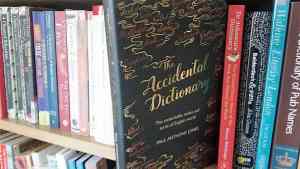
DRENCH. Now more familiar as a word denoting being soaked to the skin with water, ‘drench’ originally meant ‘to ply someone with drink’. The word ‘drench’ stems from the Old English drencan, which is also the root of ‘drink’.
EXPLODE. The word ‘explode’ has its rather curious and surprising origins in the theatre: it meant ‘to jeer a performer off a stage’. This seems odd until we realise the derivation of the word: from the Latin ex- and plaudere, ‘clap’. So to ‘explode’ an actor off the stage was to clap them off (slow handclaps, we presume).
FLIRT. When it first turned up in the language – possibly as an onomatopoeic attempt to capture the flickering or fluttering movement involved – the word ‘flirt’ meant a scornful, derisive jeer, usually a sudden twitch or jerking movement. It took on its more romantic meaning in around the early eighteenth century, but for several centuries before this it had referred to a mocking or derisive gesture.
JARGON. Although it’s more familiar to us as a term for complicated-sounding technical or specialist language, the word ‘jargon’ initially denoted birdsong, when it arrived in the English language from the French, in the early fourteenth century. Like ‘flirt’, its origins may have been onomatopoeic.

PINK. The word ‘pink’ started out denoting a very different colour from the pale reddish hue it’s now indelibly associated with, for it originally referred to a dark yellow. In the mid-fifteenth century, ‘pink’ referred to ‘a yellowish or greenish-yellow lake pigment made by combining a vegetable colouring matter with a white base’ (OED). What’s particularly surprising about the shift in the meaning of this word is that these two meanings of ‘pink’, as Jones reveals in his book, are etymologically unrelated. They just happened to end up being spelt the same way. Who’d have guessed?
TIDDLYWINK. In Victorian Britain, a ‘tiddlywink’ was an unlicensed pub. Nobody’s sure where this slang term came from, but one possible theory mentioned by Jones is that the word originated as slang for ‘a small tipple’ or ‘a wee dram’ (‘tiddly’ meaning small, of course, and ‘wink’ implying a short amount of time, suggesting that one was just nipping into a downmarket tavern for a quick drink). From the name for a bar to the name of a bar game, ‘tiddlywink’ became the game ‘tiddlywinks’, though the game it originally referred to was a variation on dominoes rather than the game with coloured counters which we know today.
Paul Anthony Jones’s The Accidental Dictionary: The Remarkable Twists and Turns of English Words is a fun and informative book that contains many, many more interesting stories about words which have drastically altered their meanings over time – many of which are just as surprising or unexpected as the ten we’ve picked out above. This is what we love about language: it’s always surprising us with its curious histories and forgotten etymologies.
Image (bottom): Meerkat at Cotswold Wildlife Park (picture credit: John5199, 2012), via Wikimedia Commons.



